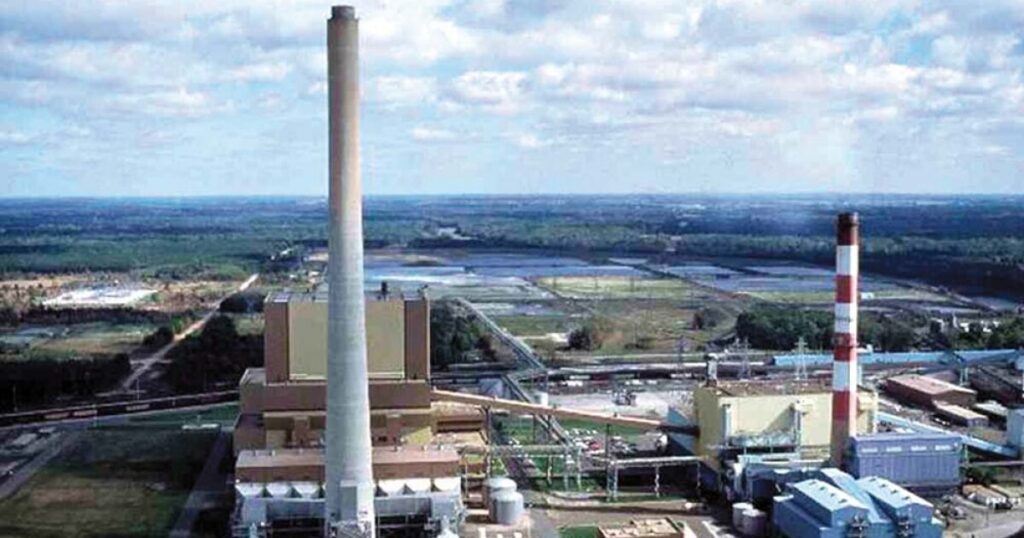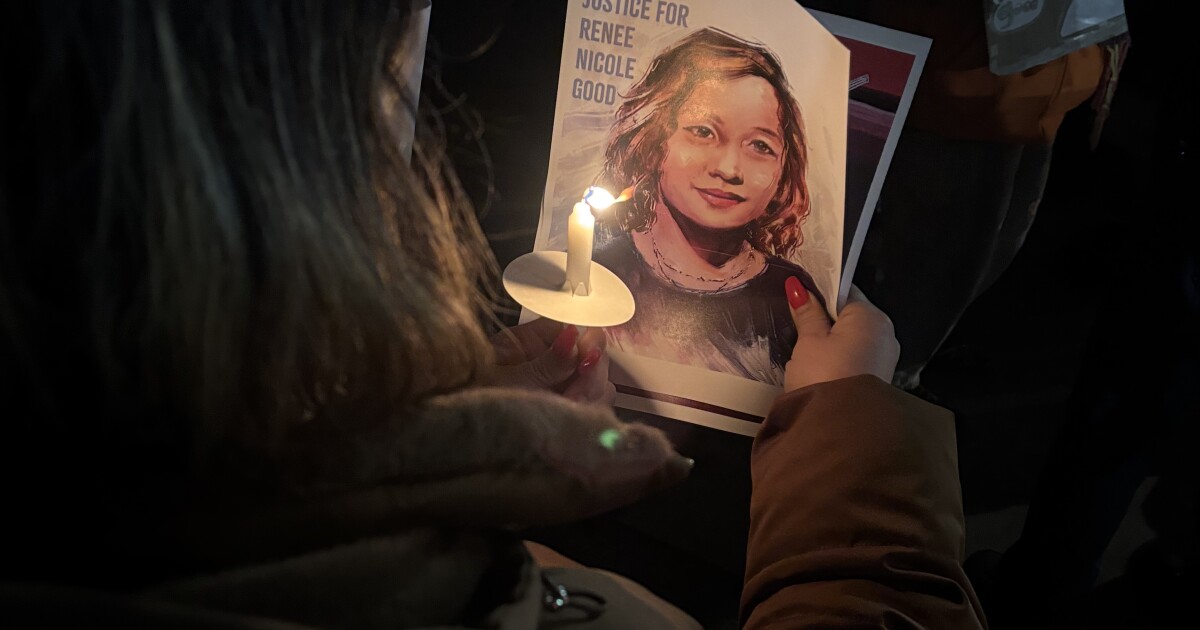Extended Operation for Michigan Coal Plant Sparks Contention
The U.S. Department of Energy has mandated that Consumers Energy keep its J.H. Campbell coal-burning power facility operational for an additional 90 days, a decision that comes despite plans for its closure. Secretary of Energy Chris Wright’s directive extends the life of the 63-year-old plant, which was set to be decommissioned, according to the energy provider’s initial schedule.
The order follows Wright’s initial May intervention, which preempted the planned shutdown of the plant, Michigan’s last coal-fired power source under Consumers Energy. This move was sanctioned by state utility regulators, who had approved the transition to a natural gas facility to make up for the impending energy shortfall.
Chris Wright justified the extension by citing an “emergency” in the Midwest due to an electricity shortage and inadequate generation facilities. Yet, the Michigan Public Service Commission has contradicted this claim, asserting that current capacity assessments indicate that the state’s electricity providers can meet demands for the next four years.
Consumers Energy, in response, is assessing the order while complying with the DOE’s requirements. The utility expressed approval of the Federal Energy Regulatory Commission’s (FERC) decision to allow cost recovery for plant operations, which will be distributed across the Midcontinent Independent System Operator (MISO) regions, affecting customer bills in multiple states.
Environmental advocates have sharply criticized the decision. Howard Learner of the Environmental Law and Policy Center labeled the order economically irrational and unlawful. “Midwestern families and businesses should not be forced by the U.S. Department of Energy to pay millions of dollars in higher electricity bills for an old coal plant that is demonstrably not needed for reliability and much more expensive than sensible alternatives,” Learner stated.
Michael Lenoff, a Senior Attorney at Earthjustice, echoed these sentiments, arguing that the order lacks evidence of an energy emergency. He remarked, “Chris Wright is not a Soviet-era central planner, but his new order suggests he would fit right in.” He criticized the move as an overreach of authority, dismissing the work of federal, state, and regional agencies.
Justin Carpenter from the Michigan Energy Innovation Business Council highlighted health concerns, linking proximity to coal plants with increased heart disease, asthma, and respiratory issues. He criticized the decision as politically motivated, with significant financial and health repercussions for Michigan residents.
Editor’s note: Consumers Energy is among Michigan Public’s corporate sponsors.
—
Read More Michigan News










